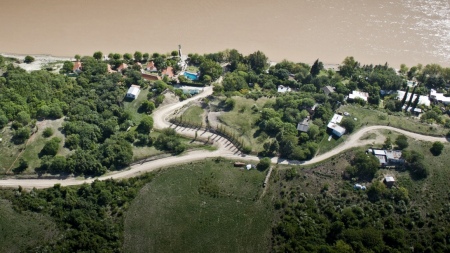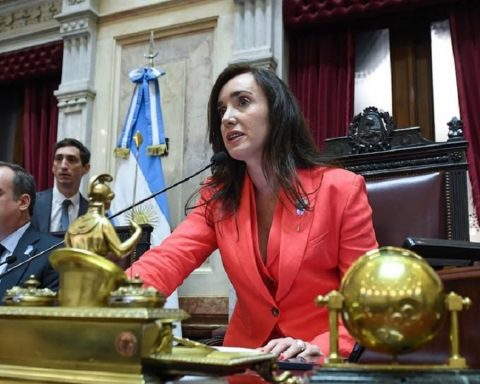
The National Council for Scientific and Technical Research (Conicet) signed with the Humedales Foundation (Wetlands International) two scientific actions with the objective of promoting the improvement of productive systems and livelihoods in wetlands of the Paraná Delta.
These are two projects framed in R&D agreements “in livestock and artisanal fisheries that seek to preserve the livelihoods and ecosystem services provided by the river,” the agency detailed in a statement.
In this sense, the biologist Claudio Baigún explained that “Fishing is very important because it uses a resource that does not have a private owner; Fish belong to the whole of society and, as part of an ecosystem service provided by wetlands, they are shared by different sectors and actors who dispute, in a way, to appropriate this resource for food, tourism, economic, and conservation purposes.”
“For all this to work, the base is to maintain the structure and functional processes of the fluvial ecosystems”, added the Conicet research specialist and director of the Laboratory of Applied Fisheries Ecology, of the Institute for Environmental Research and Engineering (3iA).
The researcher emphasized the importance of the relationship between fishing and the conservation of wetlands immediately, since to have a sustainable fishing the fundamental thing is to preserve the ecological integrityavoiding their fragmentation by dams and reducing the temptation to transform their floodplains into fields for crops, ranchers or urban ventures.
The Paraná Delta constitutes a macro mosaic of wetlands characterized by significant environmental heterogeneity. and unique temporal variability in the country, which is distinguished by a high biodiversity where water is a key element and defines its physical, plant, and animal characteristics and their relationships.
For this reason, one of Baigún’s proposals, called “Best fishing management practices for the Paraná Delta”, establishes activities aimed at fishing communities that value conceptual aspects, guidelines and management of small-scale fisheries.
?The scientific actions led by CONICET researchers in the Paraná Delta wetlands are part of two R&D agreements on livestock and artisanal fisheries.
https://t.co/hnLPGgPbbG#ScienceArgentina pic.twitter.com/3W0rnat9aQ
— CONICET Dialoga (@CONICETDialoga) December 27, 2022
In this way, it is searched contribute to the conservation of freshwater aquatic ecosystems and strengthen the incorporation of the sector in the planning and environmental ordering processes of this territory.
One of the problems that the Delta currently presents It is the process called pampeanization, which refers to the transfer of the pampean livestock model from land to a wetland, attempting with the maintenance and ecological integrity of the region.
Consequently, the project “Best livestock management practices for the Paraná Delta” was presented, by the CONICET researcher Rubén Quintana, who together with his work team proposes a scientifically based action for the sustainable development of livestock production, tending to maintain and improve at least 20,000 hectares of wetlands with productive use.
“Our idea is to achieve livestock production that is compatible with the wetland and includes proposals that allow maintaining livestock management principles in wetlands, whose purpose is social, economic and environmental sustainability and, in this sense, we are working with producers, in activities that avoid the degradation and loss of ecological integrity of these ecosystems,” Quintana explained.


















